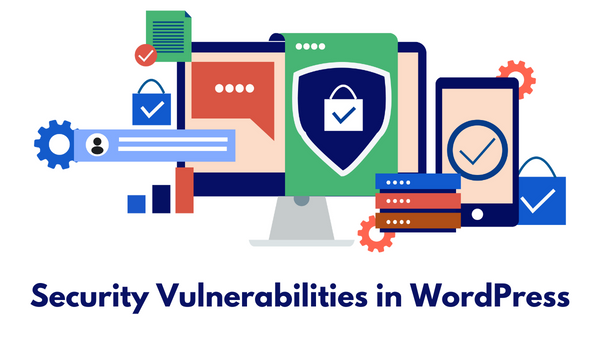
In this article, we’ll look at some of the most common security vulnerabilities in WordPress, and how you can take steps to protect your website.
Outdated Software and Plugins

One of the most common security vulnerabilities in WordPress is outdated software and plugins. This is because attackers often target websites that are running outdated software, as they know that these websites are more likely to have security holes that they can exploit. To avoid vulnerabilities in WordPress, it’s essential that you keep your WordPress software and plugins up to date, and only use plugins from reputable sources.
Insufficient Password Protection
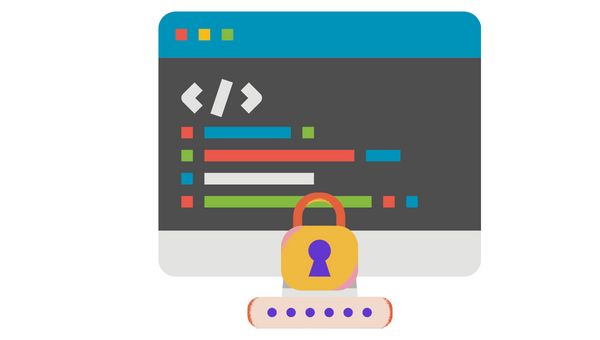
One of the common vulnerabilities in WordPress is weak passwords. Hackers use automated tools to try and guess passwords, and weak passwords are more likely to be guessed than strong passwords. To avoid this, it’s important to use strong passwords for your WordPress account and to change them regularly. You should also use two-factor authentication, which adds an extra layer of security to your account.
Unsecured Webserver Configuration
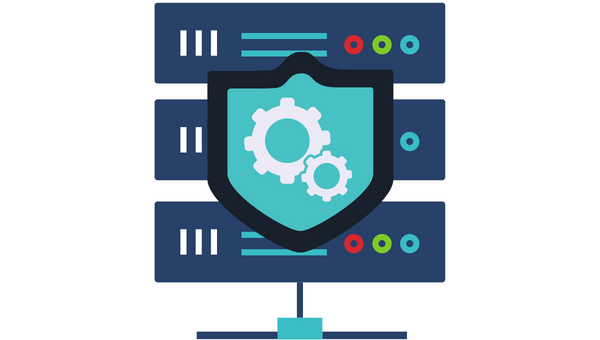
An unsecured webserver configuration is another important part of vulnerabilities in WordPress. If your webserver is not configured properly, it may be possible for attackers to access sensitive information, such as your database. To avoid this, it’s important to ensure that your web server is configured securely and that you regularly monitor its logs for signs of potential security breaches.
Cross-Site Scripting (XSS) Vulnerabilities in WordPress
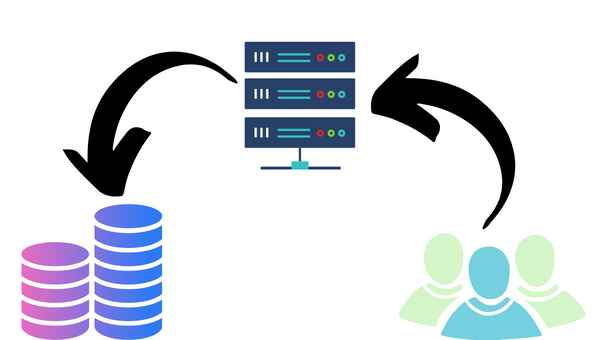
Cross-Site Scripting (XSS) is a type of security vulnerability that allows attackers to inject malicious code into your website, which can then be executed by other users. To avoid this, it’s important to validate all user-generated content before it’s displayed on your website, and to sanitize any user-generated content that is stored in your database. You should also use a plugin that can help to prevent XSS attacks, such as the WP Security Audit Log plugin.
SQL Injection
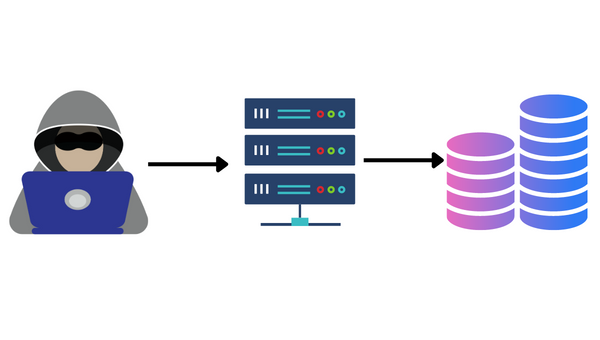
SQL injection is another type of security vulnerability that can be exploited by attackers. This type of attack involves injecting malicious SQL code into your database, which can then be used to access sensitive information. To avoid this, it’s important to validate all user-generated data before it’s stored in your database, and to use prepared statements when working with data in your database.
File Inclusion

File inclusion is a type of vulnerability that allows attackers to include malicious files in your website, which can then be executed by other users. To avoid this, it’s important to validate all user-generated data before it’s processed by your website and to limit the types of files that can be uploaded to your website.
Malware and Spam
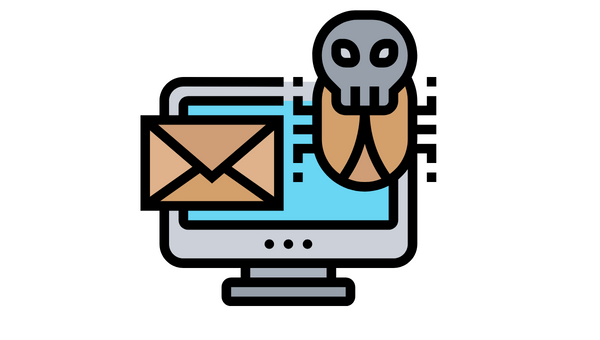
Malware and spam are other common security vulnerabilities in WordPress. Attackers may use malware to steal sensitive information from your website or to inject spam into your pages. To avoid this, it’s important to keep your WordPress software and plugins up to date and to use a plugin that can help to protect your website from malware and spam, such as the Wordfence Security plugin.
Conclusion
By taking steps to secure your WordPress website, you can protect your sensitive information and prevent malicious actors from exploiting security vulnerabilities. Some of the key steps to take include keeping your WordPress software and plugins up to date, using strong passwords and two-factor authentication, securing your webserver configuration, validating and sanitizing user-generated data, and using plugins to prevent malware and spam attacks.
It’s also important to regularly back up your website and monitor your logs for signs of potential security breaches. This will help you to quickly detect and resolve any security issues that may arise and to prevent your website from being compromised.
iThemes Security Plugin
The use of iThemes Security can be a valuable tool in addressing the security vulnerabilities common in WordPress websites. This paid plugin offers advanced security features, such as two-factor authentication, malware scanning, and brute-force protection, to help prevent malicious actors from exploiting vulnerabilities in WordPress. It also includes features such as password expiration and strong password enforcement, as well as the ability to detect and block malicious traffic, providing a comprehensive approach to website security. By incorporating iThemes Security into their security strategy, WordPress website owners can take a proactive step towards protecting their site and sensitive information.
